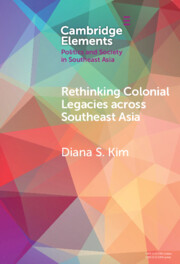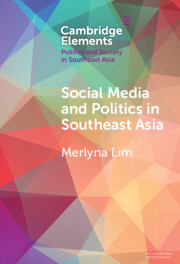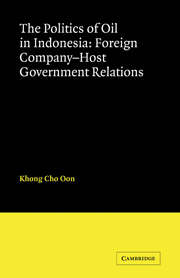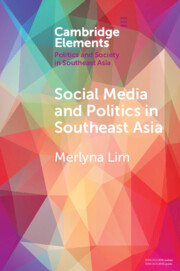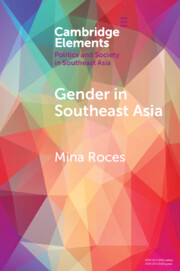Rethinking Colonial Legacies across Southeast Asia
This Element explores the significance of the Japanese wartime empire's occupation of Southeast Asia during World War Two for understanding the region's colonial legacies. It conceptualizes the occupation as a critical juncture that mediated the survival of American and European colonial institutions, and comparatively describes how, between 1940 and 1945, a wide variety of formal institutions for governing territories and people operated under the Japanese, who selectively kept or changed the existing arrangements of their Western predecessors, while sometimes introducing new ones altogether. The Japanese occupation, as such, generated different processes for transmitting pre-1940 colonial institutions into postwar and independent Southeast Asia. Building on new histories of the occupation, this Element offers an analytical framework that helps social scientists specify the mechanisms through which the long-run consequences of colonial institutions obtain in the context of Southeast Asia, while grappling more generally with what constitutes a meaningful rupture to historical continuity.
Product details
April 2025Hardback
9781009671484
74 pages
229 × 152 mm
0.233kg
Available
Table of Contents
- 1. Introduction
- 2. Two overviews of the Japanese wartime empire across Southeast Asia, 1940−1945
- 3. Varieties of wartime institutions
- 4. Conclusion
- References.

